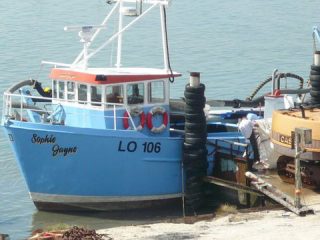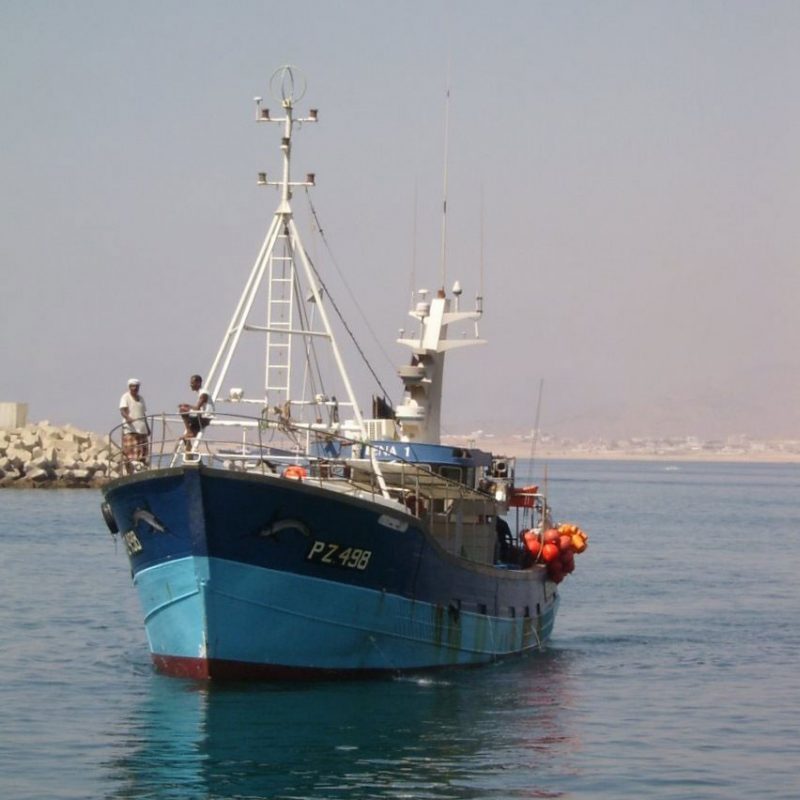
We offer a range of monitoring, control and surveillance (MCS) services for small and large-scale fisheries worldwide as well as integrated coastal zone management (ICZM), marine protected area management, marine spatial planning, managing exclusive economic zones and the surveillance of fishing operations.
We use a risk-based approach to design and implement regional and national monitoring programmes or surveillance systems to ensure compliance in fisheries management and marine protected areas. We can provide a range of services for you, including:
- Identifying hotspots in illegal, unreported or unregulated (IUU) fishing and which priority species or habitats require the most protection
- Pinpointing strengths and weaknesses in legislation, funding and staff capacity
- Providing a technical review of your vessel monitoring systems
- Undertaking IUU risk or capacity assessments
- Providing MCS gap analysis
- Developing new training materials, manuals or operating procedures
- Supporting local capacity building, patrolling or surveillance procurement
- Reviewing and drafting of legislation
We also regularly conduct global reviews of the latest fisheries surveillance technologies to provide our clients with the most efficient and cost-effective technology to investigate and monitor fishing activity. For those familiar with these technologies, the field is rapidly expanding and includes GSM, AIS or VMS based tracking technology, SAR, RADAR and app-based data collection software.
Our team carries out short and long-term marine planning and monitoring surveys to collect data and provide analysis for projects that need to understand the behaviours and demands of other water users. This could include:
- Fisheries observer programmes
- Water quality monitoring
- Benthic surveys
- Stock assessments for maritime developments
- Cable laying programmes
Whether it’s in the Atlantic, Antarctic or the Indian ocean, we can also provide governments, international organisations and private sector clients with experienced, qualified fisheries observers who are trained in the highest standards of safety and integrity. Fisheries observers make a valuable contribution to the sustainability of fisheries by collecting important information, including biological sampling, catch composition data, and protected species interactions. This data collection ensures that fisheries management decisions are made with the best available information.

